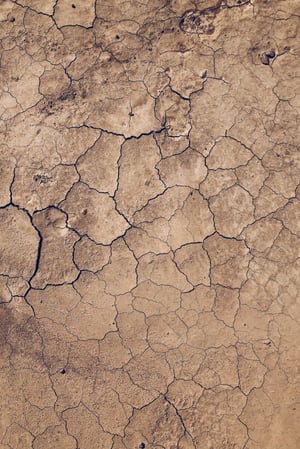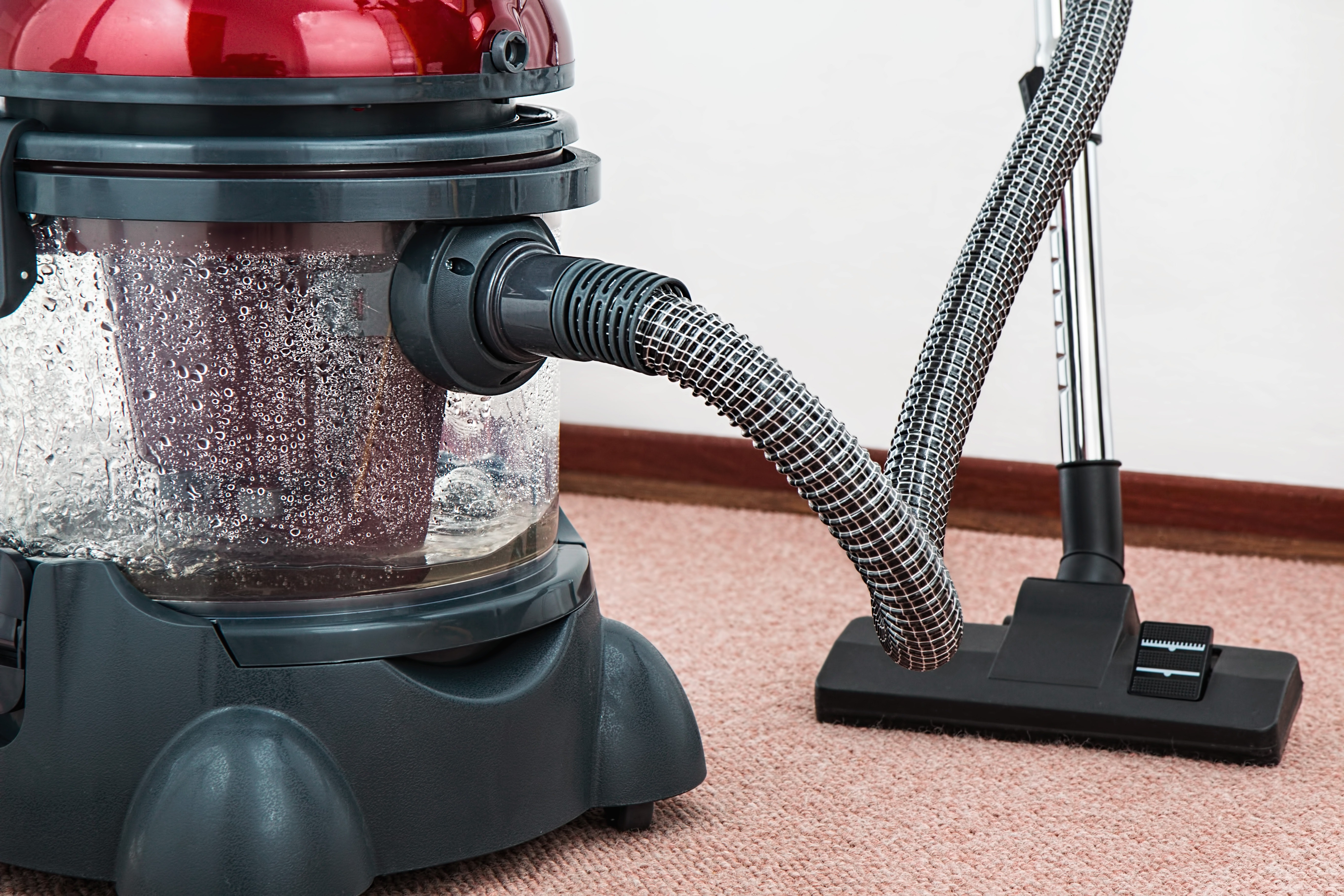If not addressed quickly, wet carpet can be a nightmare. Costly damage to furniture, carpet, walls, and sub flooring can happen quickly. The good news is that with a little know how and a quick response, these problems can be avoided.
Here are 6 essential tips to address wet carpet:
- Identify: What was the source of floodwater: clean water, e.g. a broken hot water heater or contaminated water, e.g. a clogged toilet?
Clean water can usually be addressed by the home or business owner.
Contaminated water may require the attention of a qualified restoration service professional as the water, equipment, and materials need to be handled carefully.

- Remove/ Extract: The more quickly the water is removed the better the chance of avoiding costly repairs and microbial growth. Remove as much water from the carpet as possible with portable carpet extraction equipment. If the carpet is wet for more than 48 hours, removal and replacement may be necessary.
- Dry: After extraction (water removal), set up air movers or fans to get as much air movement and circulation as possible. Run an air conditioning unit and turn on ceiling fans if applicable. Set up dehumidifying equipment to complete the drying process as high humidity can create a breeding ground for microorganisms.
- Treat: Spray the entire carpet with a fungicide/ mildewcide product designed for carpets. This will help control and prevent microbial growth and odors.
- Control/ Monitor: Ensure the carpet is completely dry before turning off drying equipment such as air movers, fans, etc. Be patient. Depending on the amount of water, the drying process could take several weeks, and growth of microorganisms will continue if humidity is high. If the house/business is not properly and thoroughly dried, a musty odor, signifying growth of microorganisms, can remain long after the flood.

- Future Prevention: To minimize the return of microbial growth you must control the humidity levels and permanently address and repair the source of the water leak. A portable dehumidifier or whole-house dehumidifier will extract the right amount of moisture from your home to help prevent ongoing problems caused by high humidity.
To address wet carpet, follow this easy 6-step process to minimize costly damage, repairs, and replacement necessary after a leak gets into and under your carpets.




Enjoy this blog? Leave a comment or ask a question!